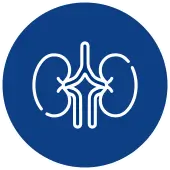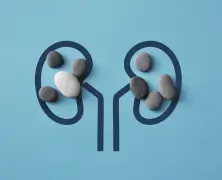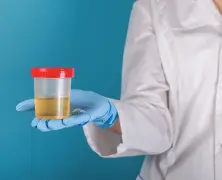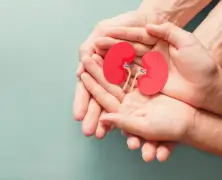-
Doctors
-
Specialities
Specialities
- Gastroenterology
- Gynaecology and Obstetrics
- Haematology and Bone Marrow Transplant
- Heart Transplant
- Internal Medicine
- Interventional Radiology
- Kidney Transplant
- Lab Medicine
- Laparoscopic and General Surgery
- Liver Transplantation and Hepatobiliary Surgery
- Maxillofacial Surgery
- Medical Oncology
- Microbiology
- Nephrology
- Neurosciences
-
Health Check Packages
-
Call Us
-
Contact Us










